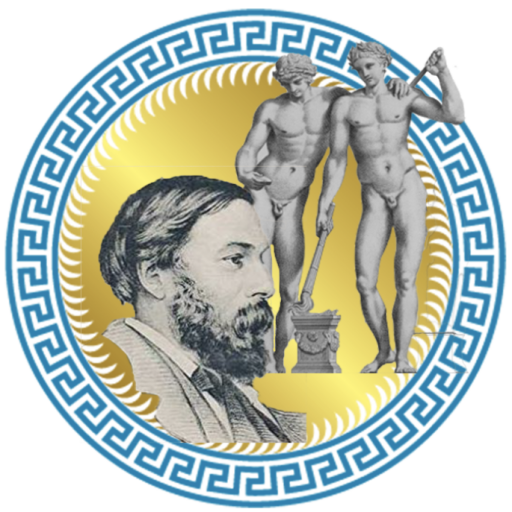Category: Student Blog
A Case for “Job”
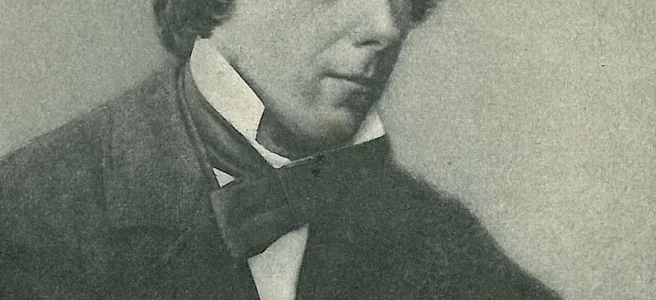 Isabella Dowd
Isabella DowdThank you very much for Job. It is a beautiful copy. I have compared it with my father’s, & find the proofs wh you have given me far finer than his impressions.” Symonds, Letters, 1:506 (360) So John Addington Symonds wrote in a letter to his good friend Henry Graham Dakyns in November of 1864. … Continue reading A Case for “Job”
Symonds, Harrow, and Plato: Different Forms of Love
 Isabella Dowd
Isabella Dowd
In his Memoirs, Symonds describes his discovery of Plato–specifically the Phaedrus and the Symposium–as “the revelation I had been waiting for, the consecration of a long-cherished idealism. It was just as though the voice of my own soul spoke to me through Plato…” (Memoirs, 152). This refers specifically to the speeches made on love–particularly, “Greek love” between two … Continue reading Symonds, Harrow, and Plato: Different Forms of Love
Harrow: Pantomimed Heterosexuality
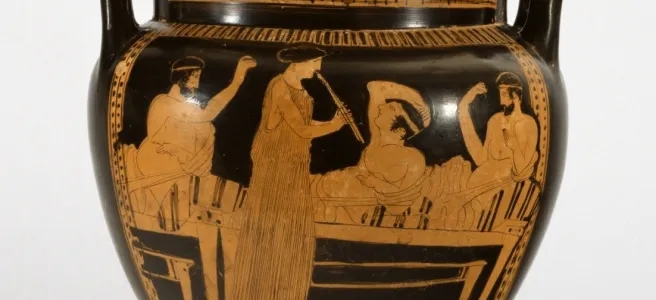 Nhat Tran
Nhat Tran
To say that Symonds was disgusted by the version of homosexuality that he saw at Harrow is an understatement. Symonds saw the relationships at Harrow as brutal and vulgar, which eventually led him to discover Plato and the idealized form of homosexuality that the Platonic dialogues espouse (Memoirs, 152). However, the comfort that Symonds found … Continue reading Harrow: Pantomimed Heterosexuality
Nostalgic Analysis in the Study of Same-Sex Relationships
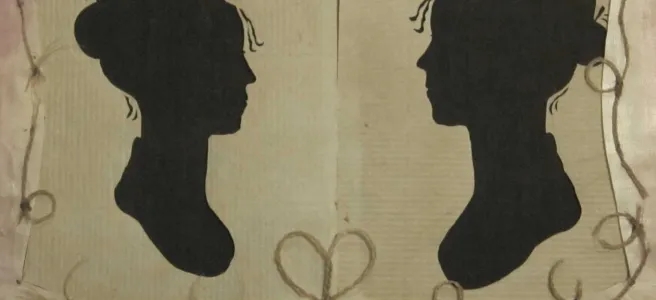 sberkey1
sberkey1
John Addington Symonds writes both sexologically and nostalgically in A Problem in Greek Ethics and his Memoirs. He approaches same-sex desire from an analytical angle while also inviting readers to luxuriate with him in an appreciation of antiquity. By way of these seemingly oppositional techniques, he engages with same-sex relationships in a way that both … Continue reading Nostalgic Analysis in the Study of Same-Sex Relationships
Symonds and His Photographic Memory
 Diane Lee
Diane Lee
We formulate new memories every day, and sensory cues are often associated with each memory that we create. We hear the loud rattle of a train, and we are suddenly taken back to a family trip we took when we were 10, staring out the window, mesmerized by the whole world passing by us in … Continue reading Symonds and His Photographic Memory
Masses, Hymns, and Symphonies: Symonds’ Life in Music
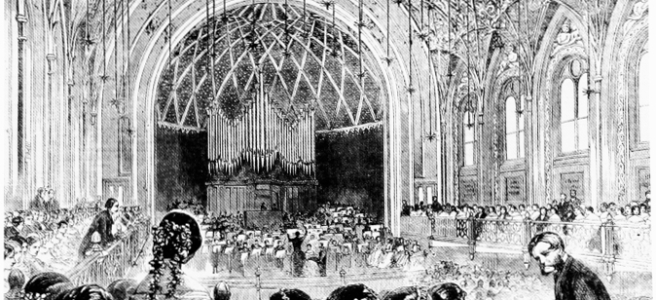 Jacqueline Rosenkranz
Jacqueline Rosenkranz
John Addington Symonds pointedly states in his Memoirs, “I never really enjoy a cathedral without music” (288). This testimonial is supported by his subtle nods of appreciation for music throughout his writing, starting with his earliest recollections and vivid descriptions of church hymns from his childhood. He might have extended this declaration of musical appreciation … Continue reading Masses, Hymns, and Symphonies: Symonds’ Life in Music
Nowhere to Stand: Symonds’ Response to Krafft-Ebing’s Classification of Sexual Inversion
 Yuhang Deng
Yuhang Deng
In the opening sentence of chapter 2 of his Memoirs, John Addington Symonds explicitly presents his wish to produce an extended sexual case study of himself. The remainder of chapter 2 is devoted to describing his sexual development before the age of eleven. In addition to calmly reflecting on “what [he] know[s] to be absolutely … Continue reading Nowhere to Stand: Symonds’ Response to Krafft-Ebing’s Classification of Sexual Inversion
Heavenly Versus Earthly Love
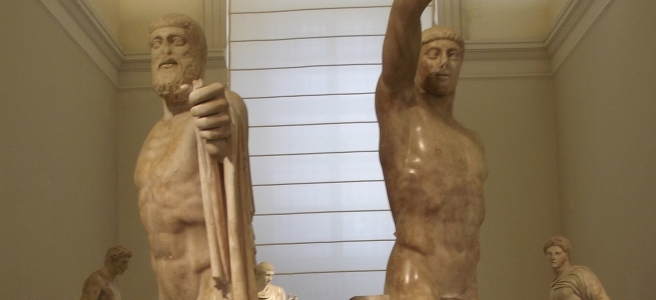 Shelby York
Shelby York
Symonds documented an early interest in Greek literature in his Memoirs, when he described being particularly struck by figures such as Shakespeare’s Adonis and Homer’s Hermes, working his way up to writers including Plato, who deeply impacted him when he began his study of him: Here in the Phaedrus and Symposium — in the Myth … Continue reading Heavenly Versus Earthly Love
What’s in a name?
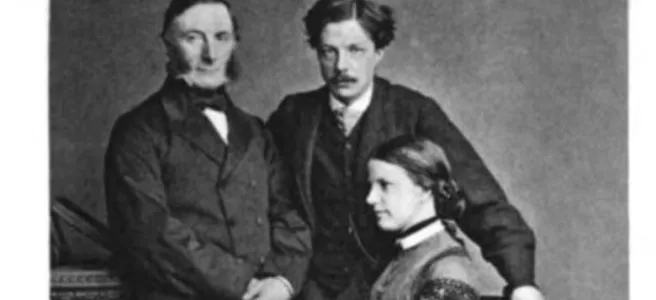 Kendra Brewer
Kendra Brewer
What’s in a name? That which we call a rose By any other name would smell as sweet… William Shakespeare, The Tragedy of Romeo and Juliet (1907, 2.2.43-44) Though I have heard this line from the Bard many times throughout my years of schooling, I rarely stopped to think critically on the importance of names … Continue reading What’s in a name?
John Addington Symonds: A Platonic Ugly Duckling
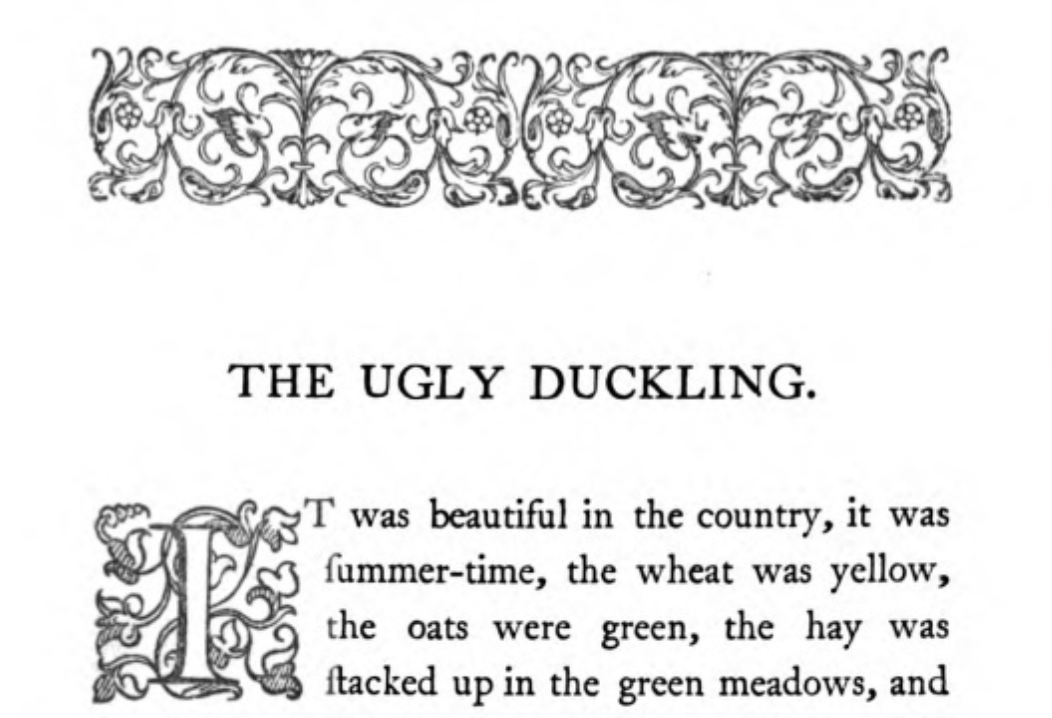 Kean Yin
Kean Yin
Children’s books are, in a way, life guides for their impressionable readers. Being a source of knowledge other than closely related family and friends, these books are written to be relatable and inspirational. It is inevitable that hints of the philosophies that children’s books intend to teach remain influential in the children throughout their lives. … Continue reading John Addington Symonds: A Platonic Ugly Duckling
